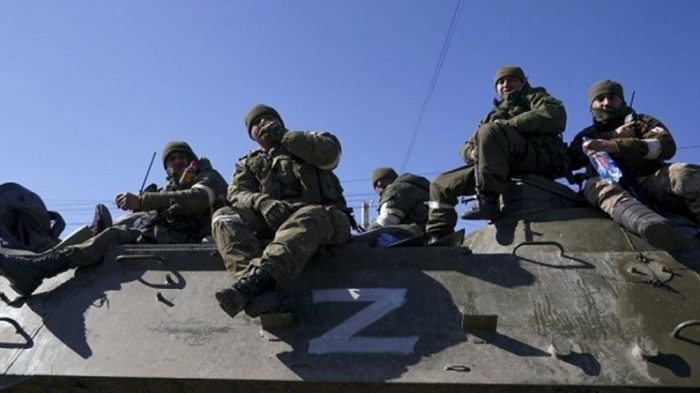Russian President Vladimir Putin is not rushing to end the war in Ukraine, not only because of imperialist plans to restore the Soviet Union 2.0. Reuters reports, citing three sources close to the Kremlin, that the Russian leader is carefully controlling the demobilization process to avoid destabilizing society and the political system.
As of early 2025, over 1.5 million Russian men and women have reportedly participated in the war against Ukraine.
Afghan lesson: fear of social chaos
The Kremlin seeks to avoid repeating the social upheavals that followed the Soviet war in Afghanistan. At that time, returning veterans fueled a wave of organized crime that overshadowed the 1990s.
A similar dynamic could recur: many demobilized soldiers will not receive the generous salaries they had on the front lines, sparking discontent and protests. For example, a new recruit from Moscow earns at least $65,000 for the first year of service in Ukraine, including bonuses.
Returning to civilian life without such income could become a source of social tension.
PTSD and risk of domestic violence
Another Kremlin concern is the psychological state of soldiers. A high number of veterans with PTSD are returning home, posing dangers to their families.
Among the demobilized are individuals who have already served prison terms, including thieves, murderers, and rapists. Since 2022, Russia has recruited from 120,000 to 180,000 convicts for military service in Ukraine.
Last year, about 500 civilians fell victim to the veterans, with at least 242 killed and 227 seriously injured, according to organizations analyzing Russian court records and media reports.
Kremlin control and political risks
Mass return of veterans could undermine Russia’s tightly controlled political system. The Kremlin already felt the effects of chaos in June 2023, when Yevgeny Prigozhin, the Wagner PMC’s head, led a revolt against the military high command.
The Putin’s government is trying to mitigate the impact of returning veterans through policies, programs, and participation in regional and federal elections.
The return of demobilized soldiers, many of whom are hardened criminals or severely wounded, could replicate the Afghan scenario and threaten the country’s stability, especially considering that nearly 700,000 Russian troops remain on the front lines.
Read also
-
SBU: Russian “mole” in Ukraine’s Anti-Corruption Bureau spied for FSB under former President Yanukovych’s security chief
-
“He said we deserve genocide”: Journalists unmask Russian “Dr. Evil” torturer of Ukrainian POWs
-
Kherson’s mayor who survives dog attacks and mock executions, reveals how he stayed loyal to his homeland in Russian captivity




